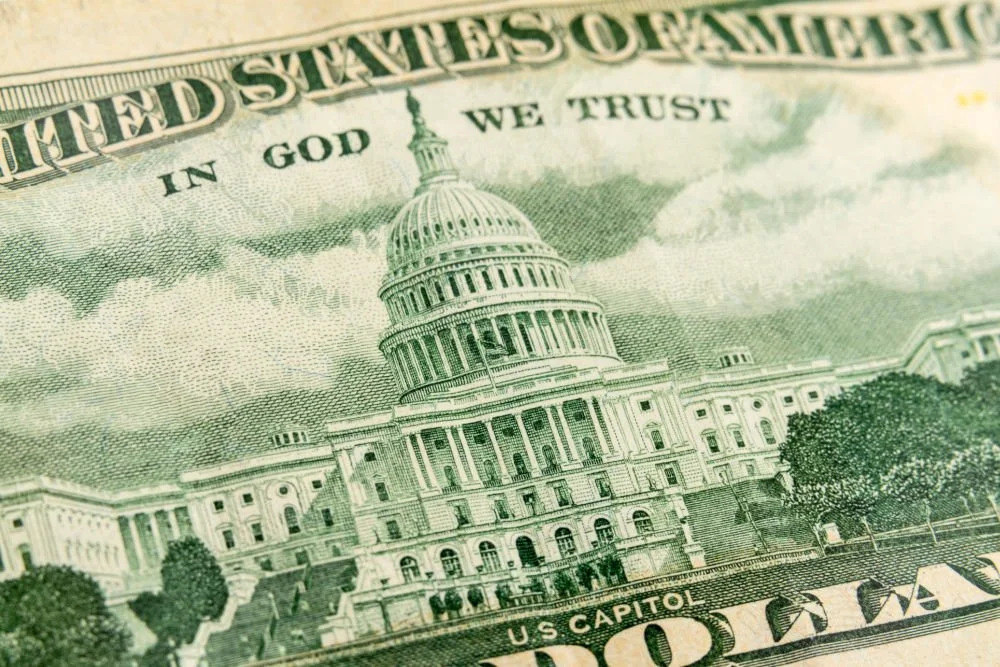Behind the Tax Reform Push: How the GOP Turned Against Private Charity and the Nonprofit Sector
/The Kellogg Foundation has become a regular target of Breitbart, along with George Soros
Not so long ago, conservative thinkers and Republican leaders were strong champions of private charity. George H.W. Bush talked about a “thousand points of light,” while his son created a new White House office to engage nonprofits.
But lately the right’s love affair with philanthropy and civil society has fizzled. Donald Trump—whose claims of generous giving were debunked during the campaign—has shown no interest in forging partnerships between government and philanthropy since taking office. He’s wooed a parade of business executives and minor celebrities while largely ignoring leaders from the nonprofit world—save for allies on the religious right, like Jerry Falwell, Jr. The administration’s proposed cuts to agencies like the National Institutes of Health and the National Endowment for the Arts would choke off billions of dollars in grants that flow to universities, hospitals, museums, and community development groups.
Now, Republicans in Congress are advancing tax proposals that would lower charitable giving by billions of dollars and deal a major blow to the nonprofit sector.
The GOP’s new cold shoulder toward nonprofits—which employ ten percent of the labor force and enrich every corner of American life—isn’t so surprising. It reflects the rising grip of libertarianism within the party, as well as a tribal fixation with cultural enemies. These trends have marginalized conservatives who actually care about the poor and see local nonprofit organizations and faith-based social service groups as key players in the fight against poverty. While such thinkers have sometimes peddled the fantasy that charity could replace the government safety net, they’ve channeled a genuine belief—one long shared across party lines—in the power of civil society to lift up the downtrodden and improve American life in myriad other ways.
A Trump-dominated GOP seems to have no such social conscience. And, increasingly, the populist right views the nonprofit world with hostility.
In other countries that have veered into authoritarianism, like Russia, civil society groups have faced outright suppression. Nothing like that is happening in the U.S.—yet. But Trumpist culture warriors have cast nonprofits and philanthropists as key villains in a narrative that pits coastal elites against the common (white) man.
Hillary Clinton may have lost the election, but the Clinton Foundation—an organization that mainly works on global health issues—remains at the center of feverish conspiracy theories. And hardly a day goes by without Breitbart running a paranoid story involving Planned Parenthood, the ACLU, or George Soros. Craven university leaders beholden to PC activists are another favorite target of scorn in the conservative media.
Republicans like the Bush family may still regard civil society and the charitable sector as manifesting some of America’s finest values. But the more dominant mood on the right is that these institutions pose a threat to those values.
All of which helps explain GOP tax proposals that amount to the most sweeping attack on charitable giving and the nonprofit sector in memory.
Read the rest of this article in The Guardian
Related:







































